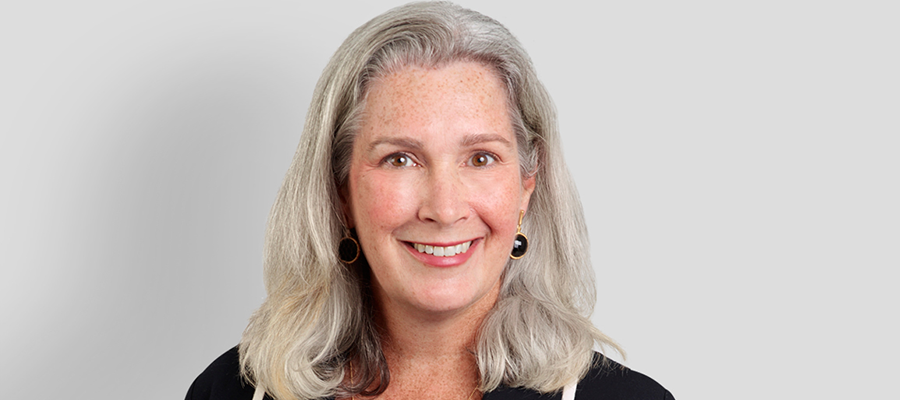

Katharine Byrick can think of few practice areas more dynamic than mental health law.
“It’s an area of the law that is constantly changing and evolving,” says Byrick, the co-program director of the Osgoode Certificate in Mental Health Law.
According to the Mental Health Commission of Canada, one in five Canadians experiences a mental health problem or illness in any given year, at a cost of billions of dollars to the economy. But when Byrick entered the legal profession in the late 1990s, the issue was only just beginning to get the kind of attention those statistics suggest it deserves.
Traditionally a taboo subject, mental health is now a key focus for policymakers – not just in health care, but in every sector of our society, from housing to criminal justice and beyond.
The swiftness of that transformation has intensified the challenge for those operating at the complex intersection of mental health and the legal system, where practitioners are often expected to make quick decisions in low-information environments.
That’s where the Certificate in Mental Health Law – now in its 13th year – is designed to help, Byrick says. This year’s edition will be held online over five days in September and October.
“We’re always updating our content to address current issues and recent legal developments,” she says. “The focus is on lessons learned and practical application.”
After beginning her career with a focus on medical malpractice litigation at a London, Ont. law firm, Byrick really began to grow the scope of her health law practice after joining Borden Ladner Gervais LLP 2001.
Now a partner in the firm’s Toronto office, she works directly with health care organizations, advising on a range of mental health law matters involving complicated consent issues, substitute decision making, acute care and other issues. She has also represented hospitals and health professionals at various levels of court and proceedings before the Consent and Capacity Board and the Ontario Review Board.
Byrick has been involved with Osgoode’s Certificate in Mental Health from its earliest editions, initially as a faculty member, before taking over as co-program director – a role she shares with Mark Pearce, a forensic psychiatrist at Toronto’s Centre for Addiction and Mental Health.
Over the years, she has developed a soft spot for the third module, which is entitled Mental Health Law in Diverse Populations. This portion of the course features speakers who look at mental health issues in the context of pediatric and geriatric medicine, as well as addressing the system from the point of view of patients – wherever they fall on the lifespan spectrum.
“It’s hands-down my favourite day of the program, because it pulls together all the content that we talk about into one day,” Byrick says. “We hear from people from different groups who have interacted with all areas of mental health law, including those with lived experience.”
“It’s always different and it’s always very impactful,” she adds.
Topics covered during other modules include: consent, capacity and substitute decision making; privacy, confidentiality and risk assessment; and the forensic system.
“For any lawyer who is looking to practice in this area, it truly is a crash course in all things mental health law. It’s a really good overview of not only the law, but also issues and challenges faced by the system itself,” Byrick says.
“There is also a lot in the program that will be useful for clinicians and front-line staff working in mental health,” she adds, noting that Certificate in Mental Health Law appeals much more broadly than just the medical and legal professions. For example, past attendees have included law enforcement officers and government policy advisors, as well as representatives from correctional and rehabilitation services.
The Certificate in Mental Health Law program is just one of a number of health-related courses run by OsgoodePD. Other options include Certificates in Health Law and Privacy Law and Information Management in Health Care. Meanwhile, legal practitioners and health care professionals who want to take a deeper dive into the subject also have the option of enrolling in Osgoode’s part-time Professional LLM in Health Law to enhance their expertise.
Want to learn more about the Osgoode Certificate in Mental Health Law?

